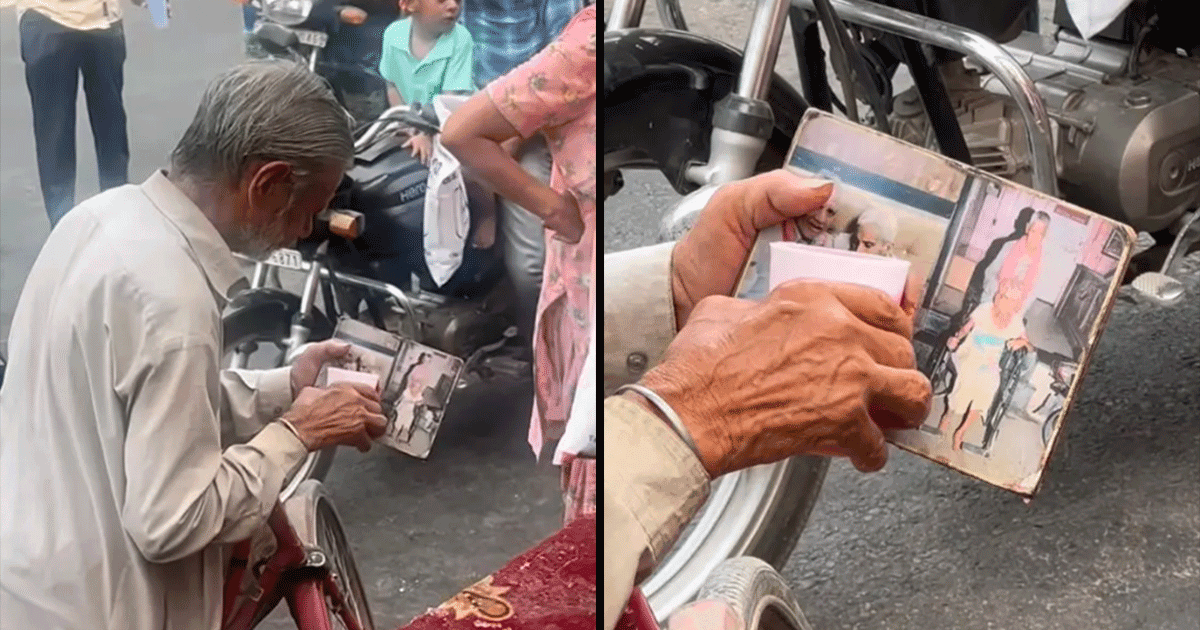When the entire country, including yours truly, was obsessing over how dramatic Smriti Irani was being yesterday in the Rajya Sabha while countering Mayawati’s allegations directed at BJP on the Rohith Vemula issue, two other politicians – Trinamool’s Sugata Bose (also taught history at Tufts and Harvard) and BJD’s chief whip Tathagata Satpathy – gave speeches that not only made a whole lot of sense but also reinforced our hope that there are some politicians out there who’re tuned in to the reality. There are some who just get it, sans drama.
Sugata Bose talked about how the idea of the Union of India needs to take into consideration the marginalized as well as the disgruntled voices, doesn’t matter if they’re in Jammu and Kashmir, the far corners of the North-East or in some college campus. He talked about how he heard JNUSU President Kanhaiya Kumar’s speech and how he agreed with some of the things Kanhaiya said and did not agree on certain other aspects – how debates and discussion, not criminalization of dissent, is the way forward.
Later, BJD’s Tathagata Satpathy, who’s famous for being the politician who calls for the legalization of cannabis, took to the stage and he started off directly by conceding –
The youth of this country doesn’t deserve us. We (Parliamentarians) are the most undeserving set of people.
He also pointed out how the BJP leadership refused the Pakistani soldiers’ help when they offered to rescue the trapped Indian soldiers at Siachen (The Pakistanis were apparently at a much better position to help the soldiers). He pointed out the irony of it considering how BJP keeps on claiming how it cares about the lives of Indian soldiers.
Regarding the JNU row, he even pointed out that BJP wasn’t really concerned with anti-national slogans or Afzal Guru, as pro-Afzal talks and meets had been happening in JNU for a while now. He also reiterated that he’s not pro-Afzal (even called him a scoundrel). His point was BJP was using the JNU row and the Siachen incident to distract the country from other important issues in which the government had failed the people.
Now here’s the thing about these speakers – you can agree with what they’re saying or maybe you can’t, but I’d like to point at the way they’re saying it. Maybe the Maywatis and the Smriti Iranis can learn a thing or two from these people.

















